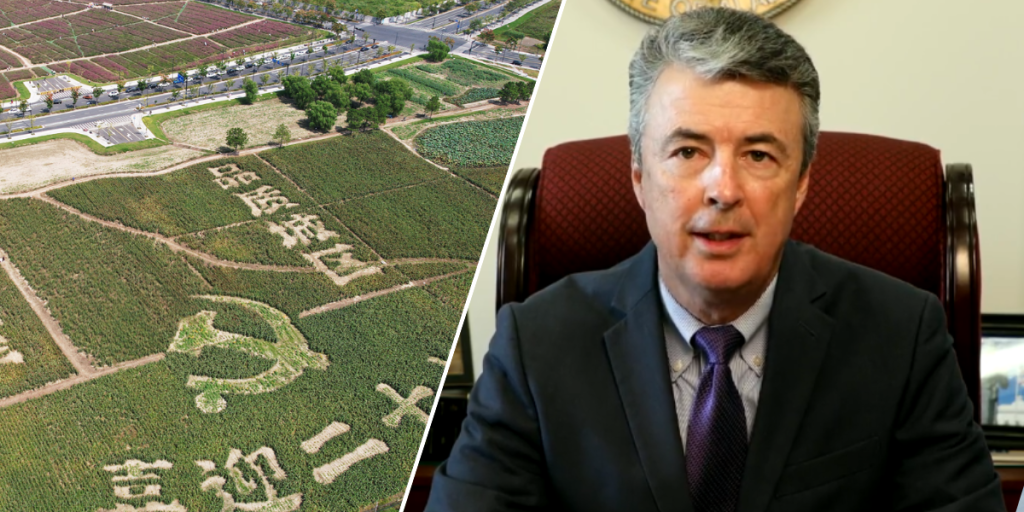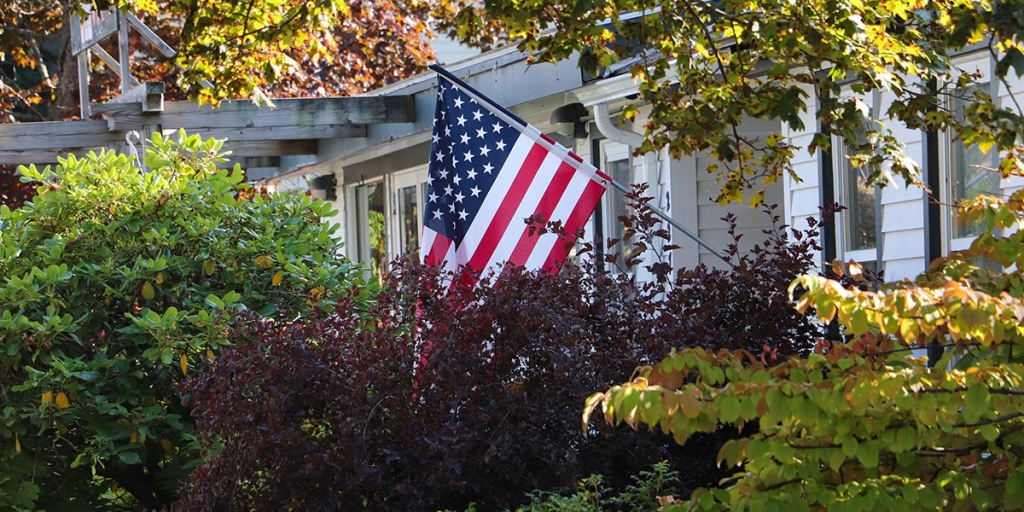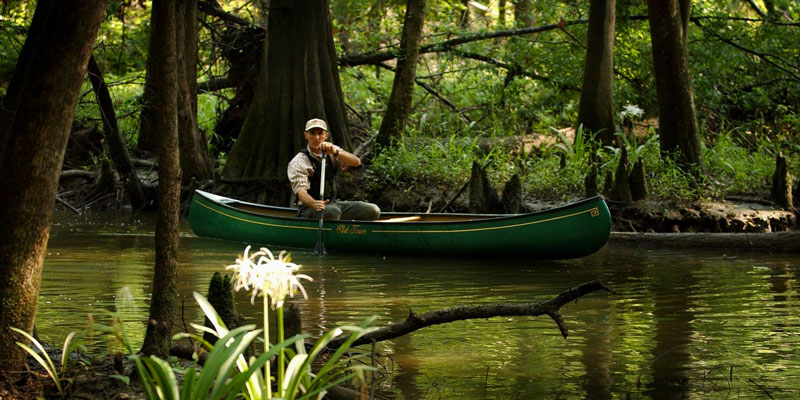In his 2005 commencement address at Kenyon College, David Foster Wallace delivered the following parable:
“There are these two young fish swimming along, and they happen to meet an older fish swimming the other way, who nods at them and says, ‘Morning, boys. How’s the water?’ And the two young fish swim on for a bit, and then eventually one of them looks over at the other and asks, ‘What the hell is water?’”
Twenty years on, the parable still challenges us to recognize that the most obvious, ubiquitous, and important realities are often the hardest for us to see and talk about.
Like water, wisdom surrounds us yet remains largely invisible—odorless, colorless, and formless. We recognize its importance, yet it often eludes us. True wisdom, I’ve come to believe, manifests not in what we say but in how deeply we listen.
Columnist David Brooks points this out in his 2021 article Wisdom Isn’t What You Think It Is. It’s not about dispensing clever sound bites. It’s more about the way wise people connect and relate to others. They bring a certain quality of attention to interactions, even without speaking. “Wise people don’t tell us what to do,” Brooks writes, “they start by witnessing our story.”
Wisdom doesn’t emerge from clever sayings or mystical pronouncements. Real wisdom comes from deep listening and simply being present—a practice Eastern philosophical traditions have long emphasized, while Western traditions have tended to prioritize rhetoric and proclamation.
See, as E.O. Wilson said back in 1982, “We are drowning in information, while starving for wisdom.” It’s much worse today. If you printed all the information we create in one day, the stack would reach from the ground to the moon and back—10 times.
Real wisdom is quiet. Real wisdom is about knowing when to talk and, more importantly, knowing when to listen. Real wisdom is about connecting with others on a deeper level. To tune in to what’s really being said, even if nobody is talking.
So, if listening connotates wisdom, why aren’t we better listeners? Because for nearly twenty years, our smartphones have been training us. We used to think interruptions were rude. Today, interruptions are the norm. And, those frequent interruptions have made us impatient and uncomfortable with silence.
Wise people understand that part of the magic is creating connection. It’s about letting people finish their thoughts. Because, oftentimes, people are simply going through a process. When we interrupt, we hijack the natural flow of that process and wekill the opportunity for connection.
When wise people do speak, it’s not rushed; it’s thoughtful and considerate. Wise people listen first and move slowly toward their conclusions. By simply listening, wise people “teach” others to logically reach their own conclusions as well.
In our noisy, distracted world, I observe a growing hunger for authentic connection and understanding—a hunger for relationships that transcend superficiality and constant stimulation. This brings me back to Wallace’s water analogy. Wisdom resembles water not just in its invisibility, but in how it supports and sustains without calling attention to itself.
Like water, wisdom creates the conditions for life and growth while remaining humble and unassuming. The wisest among us are often not those speaking the loudest or offering the clever quips. They’re the ones who have mastered the increasingly rare art of being fully present, listening deeply, and creating spaces where others can find their own way.
Tom Greene is a writer living in Atlanta, Georgia, with his wife and loyal wiener dog, Maggie. His writing can be found at www.tomgreene.com. He can be reached at [email protected]













